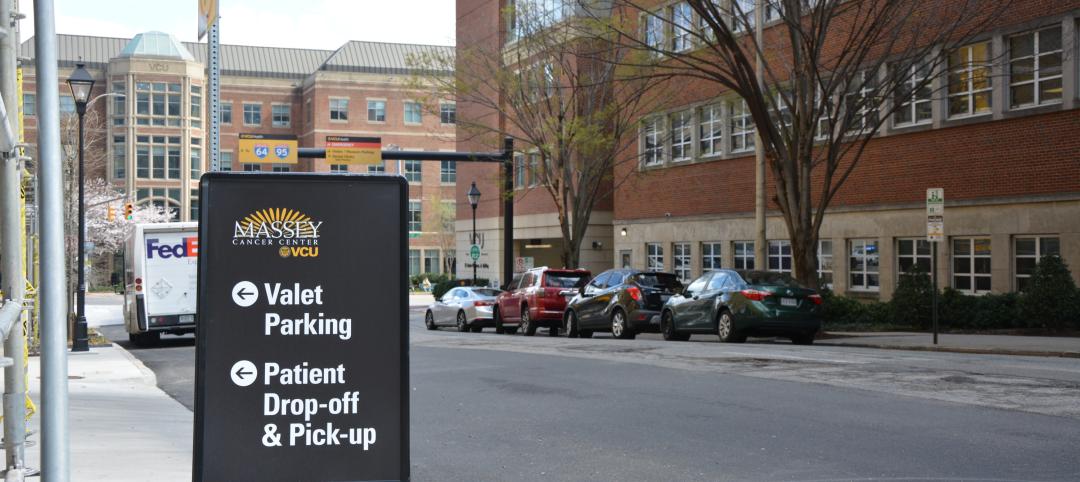The Florida Legislature recently passed a bill to beef up building inspection requirements for many of the state’s condominiums.
The bill, which is expected to be signed by the governor, will require milestone inspections of condominiums three stories in height or taller within three miles of the coast when the buildings reach 25 years of age, and of buildings more than three miles inland when they reach 30 years of age. Buildings will then be required to have an inspection every 10 years thereafter with inspection records made available to buyers, renters, and unit owners.
The bill’s passage comes nearly one year after the Champlain Towers South condominium collapse in Surfside, Fla., killed 98 people. Following the building collapse, the International Code Council, the National Institute of Building Sciences, the Building Owners and Managers International (BOMA), and the Building Officials of Florida (BOAF) created a group of experts to advise policymakers and create guidelines that could be used to help prevent future catastrophic building collapses. The work of this group informed the crafting of the bill.
Forty percent of Florida jurisdictions have no property maintenance code in place or have adopted a property maintenance code developed in the late 1970s. Only about 3% of Florida jurisdictions have implemented a periodic recertification or inspection safety program for existing buildings.
Related Stories
Green | Jun 11, 2024
Tool helps construction and renovation projects with CalGreen compliance
One Click LCA recently launched a new software tool to help building teams comply with Part 11, Title 24, of the California Code of Regulations—CALGreen. The regulation is the nation’s first state-mandated green building code to include embodied carbon emission control as a mandatory component, effective from July 1, 2024.
Urban Planning | Jun 10, 2024
N.Y. governor halts Manhattan traffic congestion pricing plan
New York Gov. Kathy Hochul says she is indefinitely delaying the implementation of congestion pricing in Manhattan just weeks before the plan was to take effect. The controversial plan would have had drivers pay $15 to enter Manhattan south of 60th street.
Lighting | Jun 10, 2024
LEDs were nearly half of the installed base of lighting products in the U.S. in 2020
Federal government research shows a huge leap in the penetration of LEDs in the lighting market from 2010 to 2020. In 2010 and 2015, LED installations represented 1% and 8% of overall lighting inventory, respectively.
Contractors | Jun 7, 2024
First-in-nation law requires contractors to pay prevailing wage for subsidized housing projects in Minnesota
Minnesota recently adopted a first-in-nation law that requires contractors to pay prevailing wage for subsidized housing projects in the state. This action makes Minnesota the first state in the nation to mandate prevailing wages on projects funded by federal Low-Income Housing Tax Credits (LIHTC).
Multifamily Housing | Jun 3, 2024
Grassroots groups becoming a force in housing advocacy
A growing movement of grassroots organizing to support new housing construction is having an impact in city halls across the country. Fed up with high housing costs and the commonly hostile reception to new housing proposals, advocacy groups have sprung up in many communities to attend public meetings to speak in support of developments.
MFPRO+ News | Jun 3, 2024
New York’s office to residential conversion program draws interest from 64 owners
New York City’s Office Conversion Accelerator Program has been contacted by the owners of 64 commercial buildings interested in converting their properties to residential use.
MFPRO+ News | Jun 3, 2024
Seattle mayor wants to scale back energy code to spur more housing construction
Seattle’s mayor recently proposed that the city scale back a scheduled revamping of its building energy code to help boost housing production. The proposal would halt an update to the city’s multifamily and commercial building energy code that is scheduled to take effect later this year.
Resiliency | Jun 3, 2024
Houston’s buyout program has prevented flood damage but many more homes at risk
Recent flooding in Houston has increased focus on a 30-year-old program to buy out some of the area’s most vulnerable homes. Storms dropped 23 inches of rain on parts of southeast Texas, leading to thousands of homes being flooded in low-lying neighborhoods around Houston.
Healthcare Facilities | May 28, 2024
Healthcare design: How to improve the parking experience for patients and families
Parking is likely a patient’s—and their families—first and last touch with a healthcare facility. As such, the arrival and departure parking experience can have a profound impact on their experience with the healthcare facility, writes Beth Bryan, PE, PTOE, PTP, STP2, Principal, Project Manager, Walter P Moore.
MFPRO+ News | May 28, 2024
ENERGY STAR NextGen Certification for New Homes and Apartments launched
The U.S. Environmental Protection Agency recently launched ENERGY STAR NextGen Certified Homes and Apartments, a voluntary certification program for new residential buildings. The program will increase national energy and emissions savings by accelerating the building industry’s adoption of advanced, energy-efficient technologies, according to an EPA news release.

















